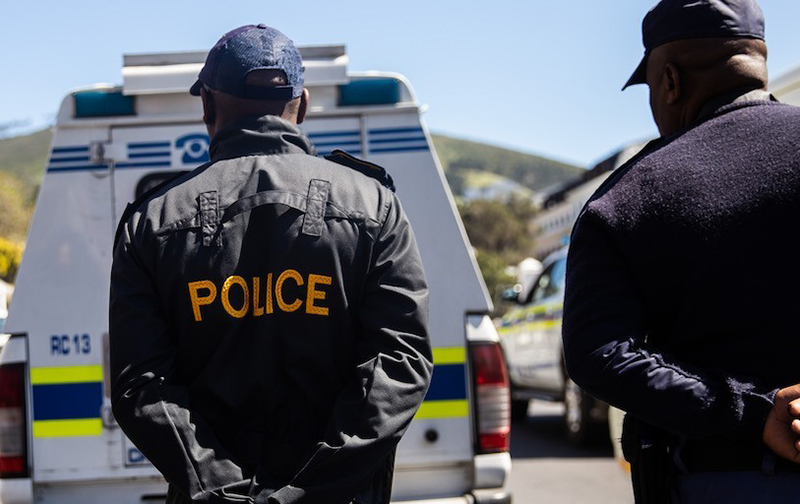- Diaspora
- No Comment
South Africa cracks down on Zimbabwean children entering the country to visit their parents

By GroundUp
- Many Zimbabwean parents living in South Africa face significant challenges getting to see their children over the December holidays. Many resort to unlawful methods to get their children into the country.
- The Border Management Authority has “intensified operations” to put an end to this practice.
- But claims made by the Border Management Authority of “human trafficking” appear to be unfounded.
PRETORIA: The government is cracking down on Zimbabwean children entering South Africa. These children are mostly entering the country to be with their parents over the December holidays.
The use of unlawful methods to get unaccompanied children into the country has become widespread and the South African Border Management Authority (BMA) has now “intensified operations” to put a stop to the practice.
According to the BMA, Zimbabwean children entering South Africa with a parent, both parents, or a guardian, only need their passports to cross the border. But unaccompanied children entering South Africa need to carry passports with a host of other documents, such as copies of their birth certificate, parental consent letters, copies of both parents’ passports, and death certificates in the case of a deceased parent.
For Zimbabwean parents living in South Africa, especially those on a Zimbabwean Exemption Permit (ZEP), getting all the documents in order can be a huge challenge. Instead, parents often pay bus companies an extra fee to “smuggle” the children over the border.
GroundUp reporters have seen how, shortly before reaching the border, children, including babies, are removed from buses and carried across the border by runners who meet buses on the other side.
The Zimbabwean Ministry of Home Affairs has said South African border officials are not accepting affidavits commissioned by ZEP holders in South Africa, unless they are commissioned in a court of law.
One person with a ZEP told GroundUp that her two children were denied entry despite having passports and an affidavit commissioned by her. The children were travelling with their grandmother.

The cost of passports in Zimbabwe is high: about $120USD (R2,400), compared to R600 in South Africa. In January 2024, the price is set to increase to $200USD (R4,000). This has caused a rush of passport applications before the price increases, and GroundUp reporters have observed long lines at passport offices in Zimbabwe in recent weeks.
“Human trafficking” claims
On 3 December, the BMA claimed it had intercepted 42 buses coming from Zimbabwe between 2 and 3 December. Among the passengers on the buses were 443 unaccompanied children under the age of eight, the BMA said.
During a media briefing on 3 December, BMA commissioner Dr Michael Masiapato said the children “were being trafficked” and spoke of how “serious intelligence-based models” enabled the BMA to “continue the interception of this kind of reality”. He added: “it is rife”.
There are conflicting reports of what really happened on 2 and 3 December and it is highly unlikely that the children were being trafficked. Human trafficking refers to the illegal and non-consensual trading of humans.
The Zimbabwean Ministry of Home Affairs has said that “no such incident occurred” and there was no record of buses being intercepted and children being handed back to Zimbabwean authorities. The BMA maintained in a 6 December statement that 443 unaccompanied children were stopped from entering South Africa.
It is much more likely that the children “intercepted” by the BMA were not being trafficked, but were travelling to visit their parents over the December holidays, said Zimbabwe Migrants Support Network chairperson Chris Mapingure.
Mapingure said “harsh economic conditions” led parents to use unlawful ways to bring their children to South Africa for the holidays.
“Calling it human trafficking is being sensational,” said Mapingure.
Neither the Department of Home Affairs nor the BMA responded to our questions.
